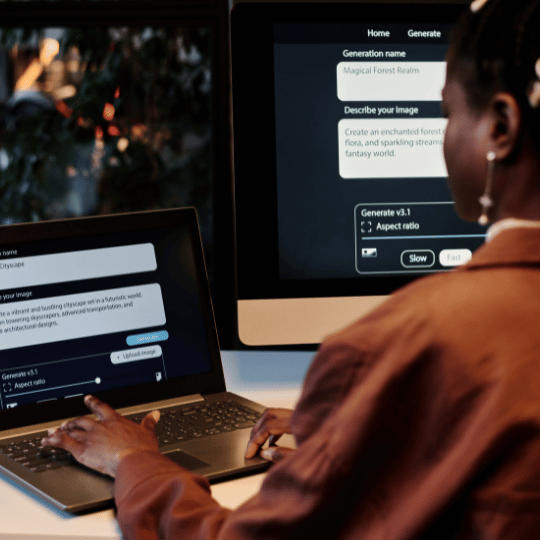The top 7 trends in project management (Australia, 2025)
Project managers are the driving force behind successful project delivery, ensuring every initiative is completed on time, within scope and on budget. As the demand for complex, large-scale projects continue to rise, so too does the need for skilled project leaders. The Project Management Institute’s PMI Talent Gap found that 2.3 million new project management recruits will be needed every year in Australia until 2030, particularly in industries such as construction, IT, healthcare and finance.
The world of project management is evolving rapidly, driven by technological advancements, hybrid and remote workplace models, regulation changes and a growing demand for innovation and agility. As organisations strive to stay competitive and deliver results more efficiently, project managers must adapt to new tools, strategies and expectations.
Here are the top 7 trends shaping the future of project management in 2025 and beyond.
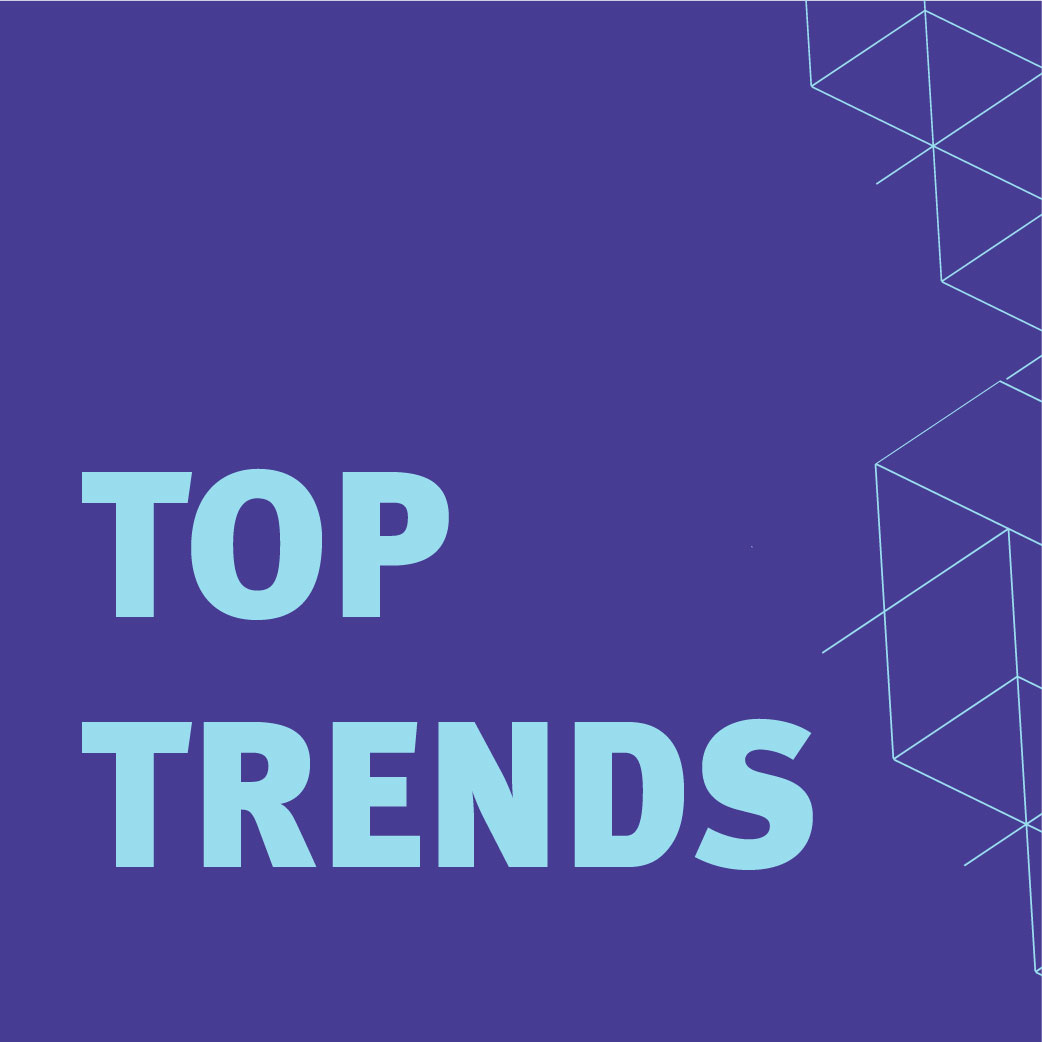
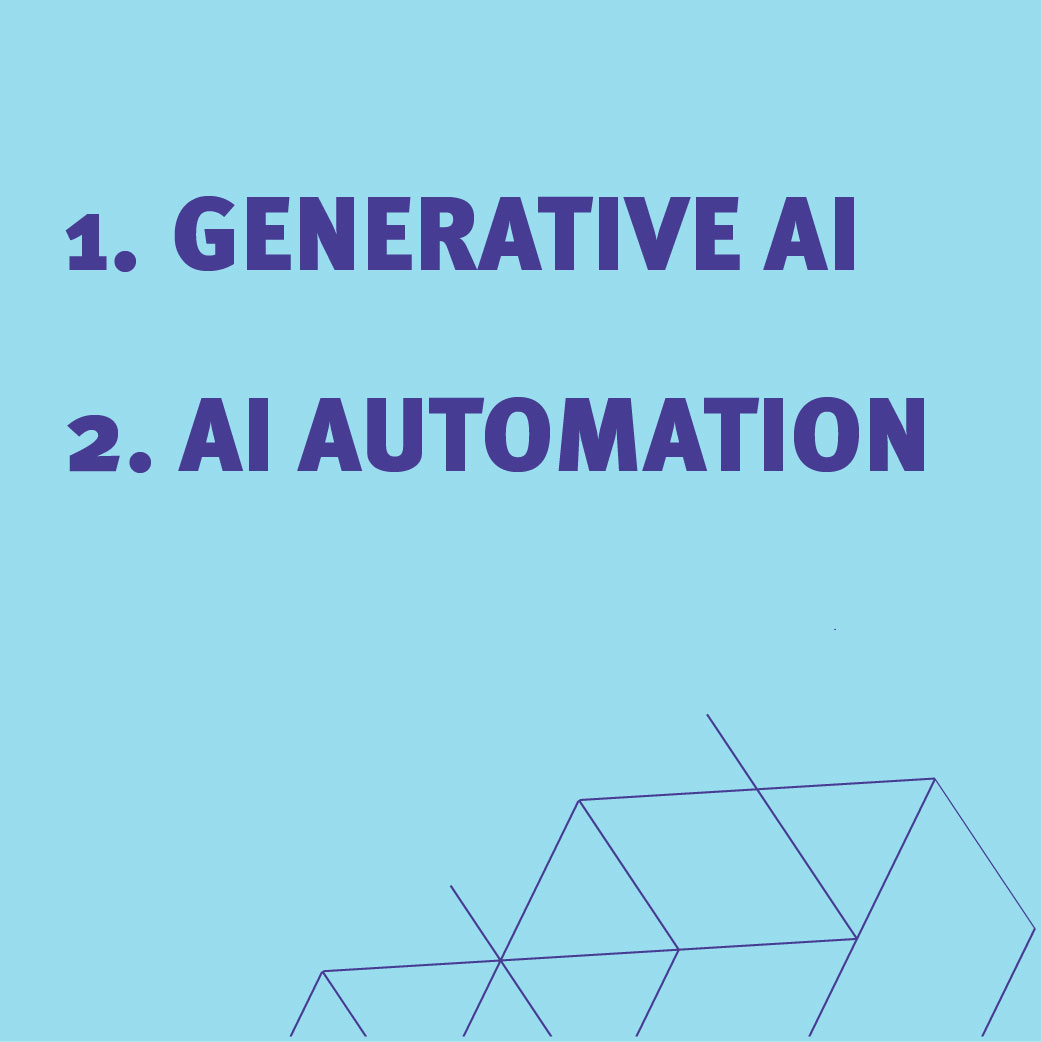
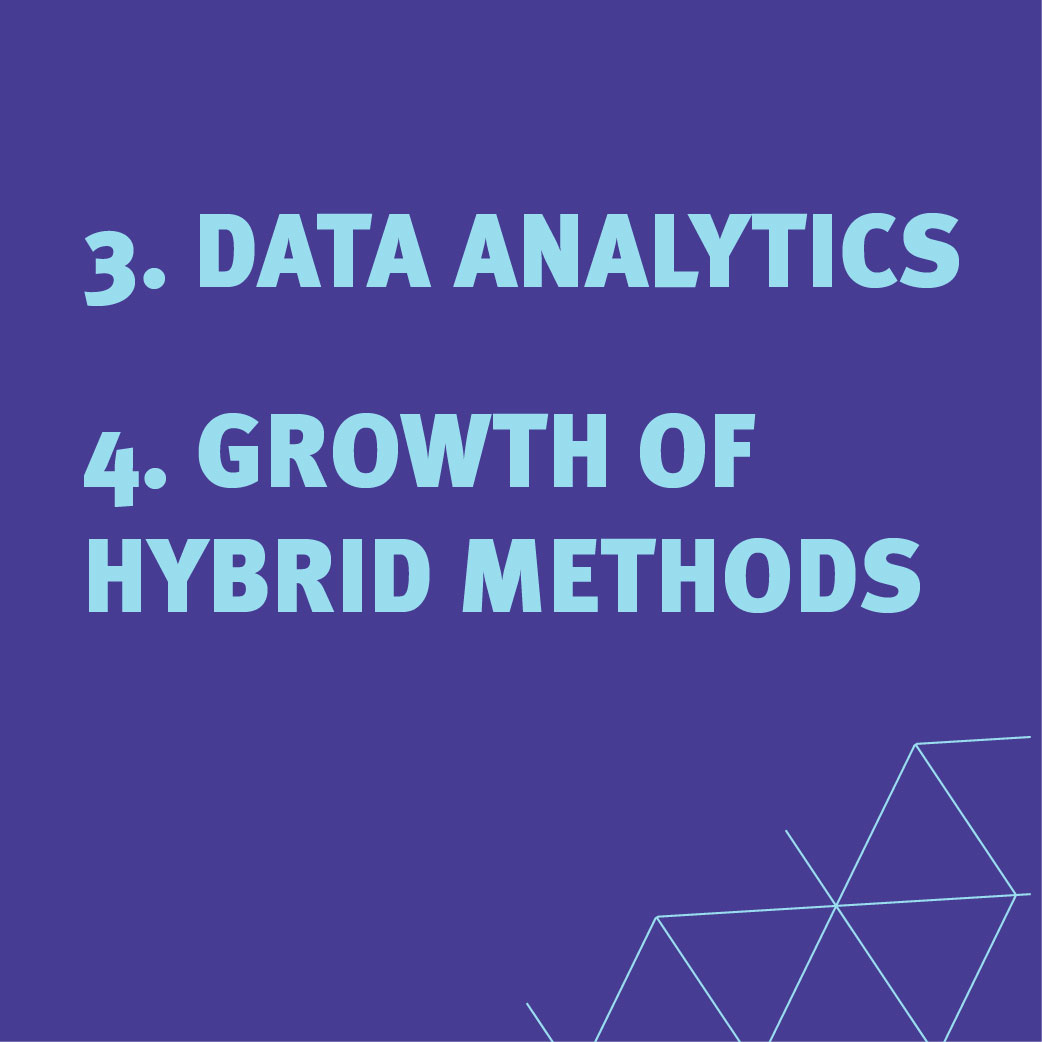
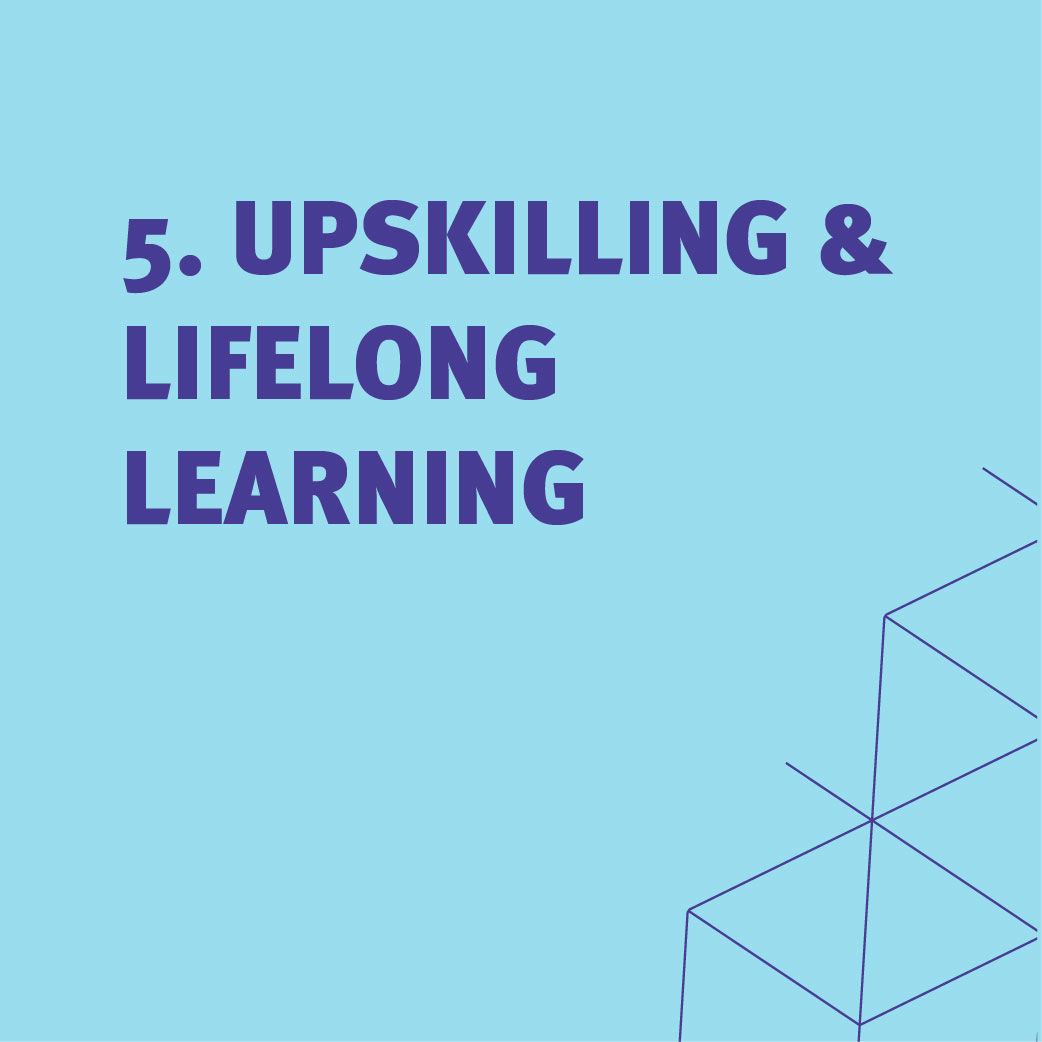
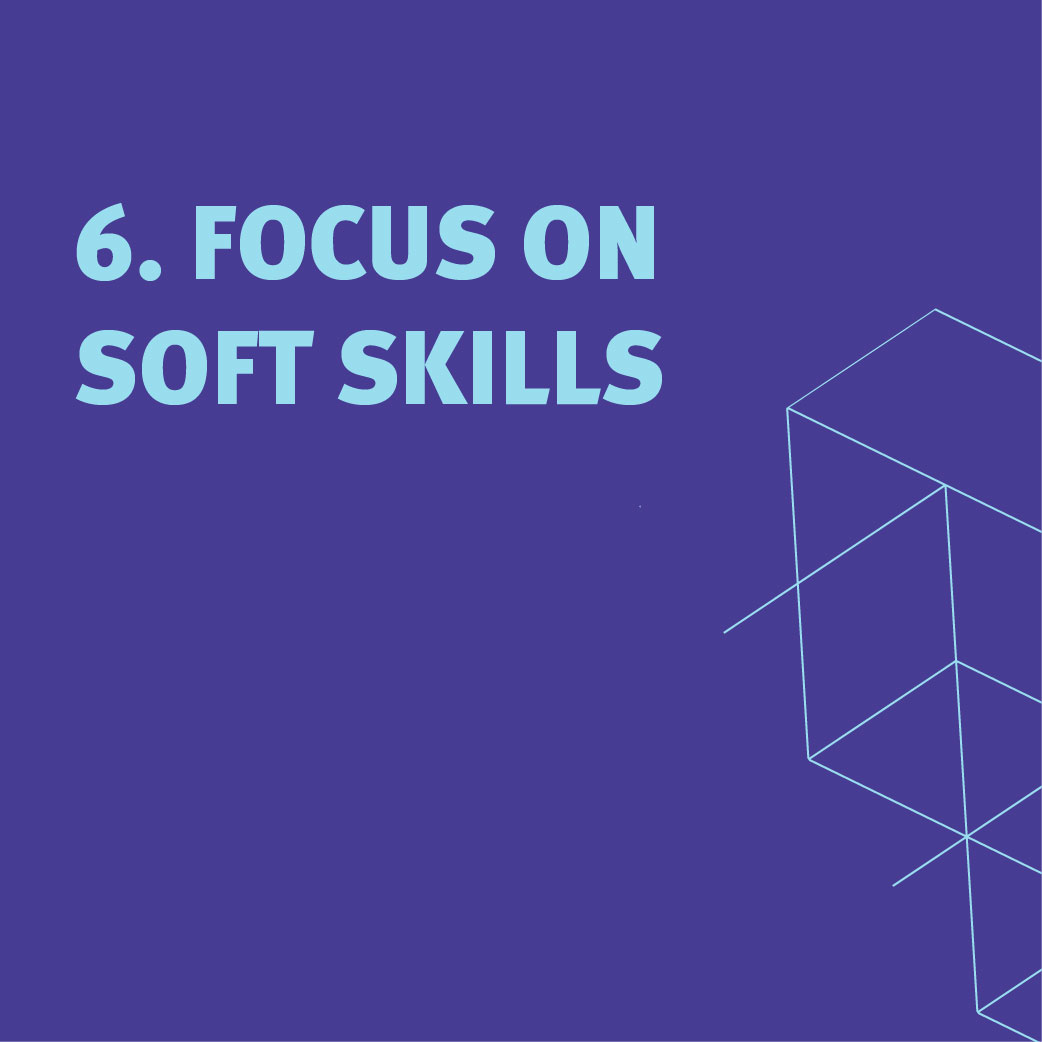
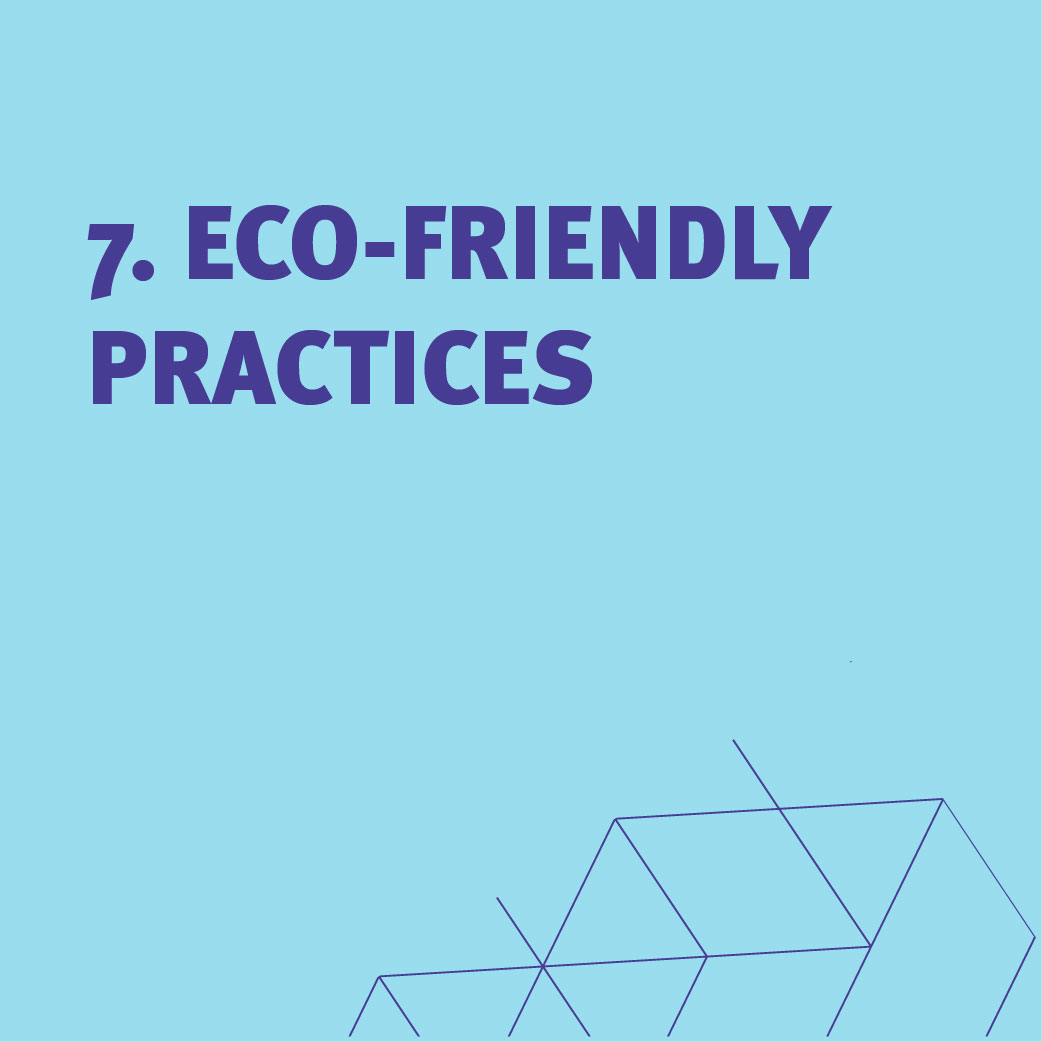
1. Generative AI
AI technologies share project management’s focus on business agility by enabling greater flexibility and more informed, data-driven decision-making. Generative AI help project teams streamline workflows, respond swiftly to changes and stay aligned with business goals.
Project managers can leverage generative AI tools to:
Design project plans and timelines
Optimise resource allocation
Accelerate scenario planning
Generate content and reports
Create summaries of project reviews
Suggest improvements and recommend best practices, and
Deliver real-time data insights
We know that project management tools can boost productivity and companies now demand greater efficiency. The global project management software industry size was nearly $11.96 billion in 2021 and is set to increase to around $15.8 billion by 2030. Project management software will continue to evolve and project managers need to evaluate and discern which digital technologies to use.
2. AI automation
AI software and tools (e.g., Zapier, ClickUp) can automate repetitive and time-intensive project management tasks. This not only boosts productivity and consistency but also enables project managers to focus on higher-value activities such as strategy, leadership and innovation. Automated workflows allow projects to progress seamlessly, ensuring a timely delivery.
With AI tools, project managers can expect the automation of many routine tasks such as:
Project planning and scheduling
Task creation and allocation
Status reports and tracking
Summarising progress updates and extracting key action points, and
Detecting potential risks.
3. Data analytics
Data analytics tools combine and analyse project data to provide actionable insights. They can help project managers with:
Informed decision-making by identifying performance trends and prioritising tasks
Forecasting and planning by creating accurate timelines and predicting potential delays
Real-time monitoring and reporting to track KPIs and milestones
Managing budgets
Risk assessment and management, and
Resource optimisation
Project managers will need to make sense of data and extract and communicate insights to make informed decisions. They will need to stay updated on new tools for data visualisation and reporting like Google Data Studio, Power PI and Tableau.
4. Growth of hybrid project management methods
With remote and hybrid work becoming the norm in many parts of the world, the way team members collaborate and communicate with one another has changed. How do you plan projects and keep progressing smoothly when teams are remote, in different time zones and often committed to multiple projects?
This situation has resulted in businesses adopting hybrid project management methods that blend careful planning with the ability to adapt to changes. Hybrid methods apply more than one method to manage teams and projects to accommodate hybrid and remote work (e.g., using the Waterfall method for sequential tasks and using the Agile method for sprints).
Project managers need to build the skills critical to hybrid work and managing remote teams such as emotional intelligence and using collaborative tools such as cloud-based platforms that bring teams together. Remote team members may experience burnout and isolation, making it essential for project managers to proactively address these risks. With limited face-to-face time, it is important to communicate expectations and requirements clearly.
5. Upskilling and lifelong learning
The fast adoption of technology, changing work environments and new regulations have led to a changing skills landscape, and everyone needs to continuously upskill to remain an employee in demand.
Project managers need to embrace professional development at every stage of their career and learn in-demand skills, particularly digital capabilities. This could be in the form of short courses, certifications, webinars, diplomas or postgraduate degrees. In Kaplan Business School’s MBA with a specialisation in Project Management, students integrate business strategy with project management principles and learn essential soft skills such as emotional and cultural intelligence.
6. Focus on soft skills
Technical skills are essential for efficient project management. However, as businesses hire talent globally, operate in a hybrid and remote work setting and have a culturally diverse workforce, soft skills have become equally if not more important. In 2025, soft skills such as communication, emotional intelligence, interpersonal skills, leadership, critical thinking and collaboration will assume greater importance for project managers and decision-makers. These skills enable project managers to align their projects to business objectives, problem-solve and deliver results of value.
“Early-career project professionals who thrive are those who build strong soft skills like adaptability, resilience, and creative problem-solving. They are crucial in a world of constant change, where these capabilities turn pressure into progress.”
~ Samantha Papavasiliou, KBS Lecturer, Integrated Business Management
7. Priority of eco-friendly practices
More clients will expect projects to follow environmental, social and sustainability practices. Project managers will be expected to deliver projects with minimal wastage, a low carbon footprint, little environmental impact and promote sustainable practices. This is highlighted in the United Nations 17 Sustainable Development Goals, which are driving many global projects.
Eco-friendly practices could include:
Using digital tools to reduce paper waste
Using energy-efficient equipment
Minimising commuting by supporting remote work
Using sustainable materials, and
Recycling and reusing.
Eco-friendly practices may initially lead to higher upfront costs (e.g., more expensive sustainable materials), however, these costs can be offset in the long-term through lower energy consumption and reduced waste.
Advance your career in project management with our MBA specialisation in Project Management. Learn the top reasons to study business in Australia.


